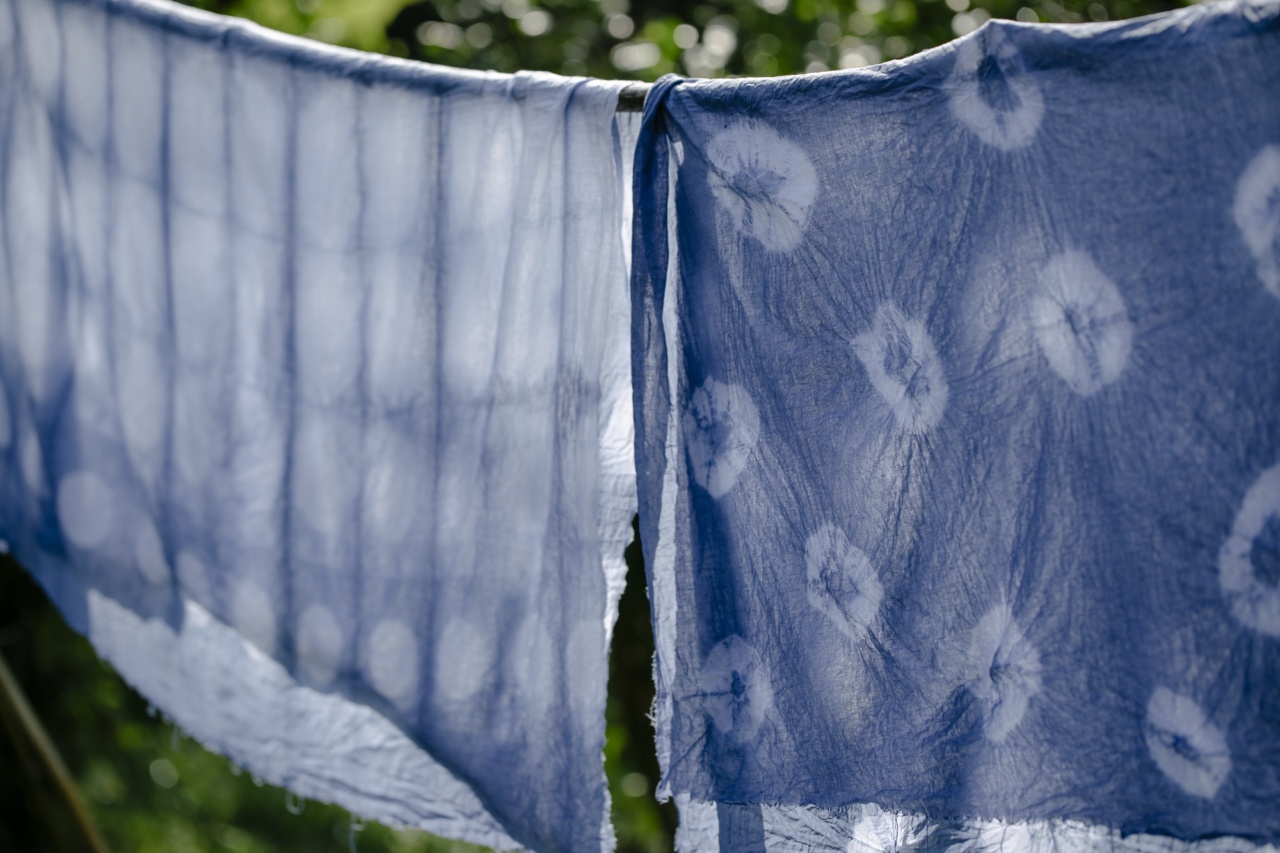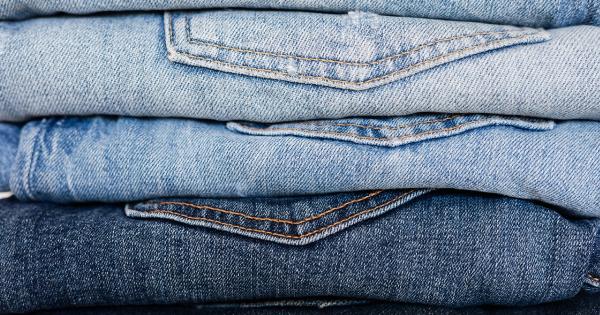When we purchase new clothes, our immediate response is often to wear them right away without washing.
After all, they’re brand new, right? However, it’s important to understand that washing new clothes before wearing them can have several benefits. From eliminating potential health risks to preserving the quality and longevity of the fabric, washing new clothes should be the first step before adding them to our wardrobe.
1. Eliminate Residual Chemicals
During the manufacturing and transportation process, new clothes often come into contact with various chemicals. These chemicals can include dyes, formaldehyde, and finishing agents which are used to enhance the appearance and texture of the garments.
While these substances are generally safe in small amounts, they can still cause skin irritation, itching, and other allergic reactions in some individuals.
Washing new clothes helps to remove these residual chemicals, making them safer to wear. A gentle cycle with mild detergent and cold water can effectively wash away these substances and ensure that the clothes are free from any potential irritants.
By taking this simple precaution, we can prevent any discomfort or adverse reactions that may be caused by these chemicals.
2. Eliminate Germs and Bacteria
When clothes are being transported and handled before they reach the store, they can come into contact with various surfaces and environments. Additionally, they may have been tried on by multiple individuals in the store before we purchase them.
This makes it important to wash new clothes to eliminate any germs, bacteria, or other pathogens that may be present.
Washing new clothes using the appropriate detergents, especially those with antibacterial properties, can effectively sanitize the garments. This reduces the risk of contracting any infections or illnesses.
It is particularly crucial for individuals with sensitive skin or weakened immune systems, as they are more susceptible to the harmful effects of bacteria or germs.
3. Enhance Comfort and Softness
When new clothes arrive fresh from the store, they may have a stiff texture due to various substances and chemical treatments applied during manufacturing. These substances can leave a residue that affects the comfort and softness of the fabric.
Washing new clothes helps to break down and remove these residues, making the garments more comfortable to wear.
By washing new clothes, we can also address any fabric shrinkage that may occur during the cleaning process. This ensures that the clothes fit properly and maintain their intended shape.
Additionally, washing can help to relax the fabric fibers, making them softer against the skin.
4. Prevent Color Bleeding
New clothes, especially those with vibrant colors or dark dyes, are more likely to bleed or transfer color onto other garments or surfaces.
Washing new clothes separately can prevent this color bleeding and preserve the original appearance of the garments. By washing the clothes before wearing them, we can avoid the disappointment of discovering color stains on other clothes or even our own skin.
It is advisable to follow the instructions on the garment’s care label regarding the water temperature and washing method to ensure that color bleeding is minimized.
This simple step can save us from the inconvenience of dealing with color transfer issues later on.
5. Remove Excess Dye
During the manufacturing process, excess dye can sometimes remain in the fabric of new clothes. This excess dye can lead to skin irritation or cause stains on other clothes if not removed.
Washing new clothes prior to wearing them helps to eliminate this excess dye, ensuring that our skin remains safe from potential irritation or discoloration.
6. Preserve Fabric Quality
Washing new clothes before wearing them plays a significant role in preserving the fabric’s quality and longevity. Factory residues, processing chemicals, and transportation pollutants can weaken the fabric fibers over time.
Regularly washing new clothes helps to remove these substances, preventing them from further damaging the fabric.
By taking proper care of our new clothes from the start, we can ensure that they maintain their original appearance and condition for a longer period.
This preservation of fabric quality also allows us to enjoy our newly purchased clothes without worrying about rapid wear and tear.
7. Remove Wrinkles and Odors
New clothes are often folded and packed in tight spaces during transportation and storage. This can lead to the development of wrinkles or the absorption of unpleasant odors.
Washing new clothes can help to alleviate wrinkles and freshen up the garments, allowing them to look and smell their best.
While ironing or steaming can also remove wrinkles, washing provides a more comprehensive approach by addressing other factors like cleanliness and fabric softness.
Additionally, washing new clothes helps to eliminate any chemical or musty odors that may have developed during the manufacturing or storage processes.
8. Customize the Fit
Sometimes new clothes may not fit us properly due to variations in sizing or discrepancies between brands. Washing new clothes can help to customize the fit by allowing slight shrinkage or stretching of the fabric, depending on the type of material.
If the clothes are slightly larger than desired, washing them in warm water and drying them on a higher heat setting can help to encourage gentle shrinkage.
On the other hand, if the clothes are slightly tighter, washing them in cool water and stretching them while wet can help to slightly loosen the fabric. However, it is important to note that this method may not work for all types of fabrics, so it is advisable to proceed with caution.
9. Set a Hygienic Standard
Washing new clothes before wearing them not only benefits us individually but also sets a hygienic standard for the entire household.
By practicing proper clothing hygiene, we create a cleaner living environment, reduce the risk of diseases, and promote better overall health for ourselves and our loved ones.
By washing new clothes as soon as we bring them home, we establish a routine that emphasizes cleanliness and ensures that every garment we wear is free from any potential contaminants or irritants.
This small step can make a significant difference in maintaining a healthy lifestyle.
10. Promote Sustainable Fashion
Lastly, washing new clothes aligns with the principles of sustainable fashion. By prolonging the lifespan of our garments through proper care and maintenance, we contribute to reducing textile waste and minimizing our environmental footprint.
Fast fashion, characterized by excessive production and rapid disposal of clothing, has a detrimental impact on the environment.
The chemicals used in textile production and the energy consumed in transportation and manufacturing processes result in pollution and resource depletion. Washing new clothes and extending their usability helps to combat these negative effects by reducing the need for constant replacements.
In conclusion, washing new clothes before wearing them is essential for various reasons. From eliminating residual chemicals and germs to enhancing comfort and preserving fabric quality, this simple step can have significant benefits.
By prioritizing clothing hygiene, we not only protect ourselves from potential health risks but also promote sustainability and contribute to a cleaner environment. So, the next time you add new clothes to your wardrobe, make sure to give them a thorough wash before enjoying their style and comfort.



























